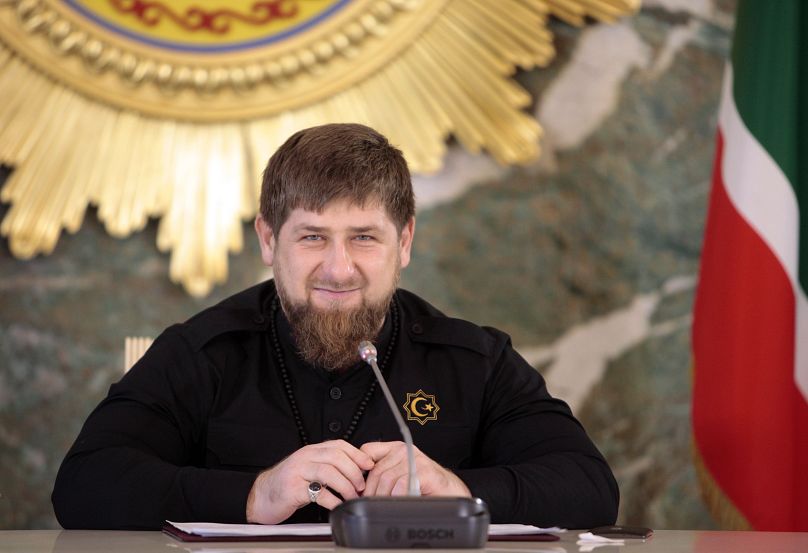Chechnya has reportedly banned all music outside of 80 - 116 BPM – a restriction which will exclude countless songs and musical genres like pop, dance and electro music, which often exceed the 120 BPM mark.
"Were you rushing? Or were you dragging?"
 ADVERTISEMENT
ADVERTISEMENT
 ADVERTISEMENT
ADVERTISEMENT
It really matters.
The Russian republic of Chechnya is said to have ruled that all music should "correspond to a tempo of 80 to 116 beats per minute (BPM)" - meaning a lot of modern western music would be banned from being played publicly in the conservative Islamic society.
The new standard of music is relatively slow compared to a lot of modern-day pop music, as well as electro, rave, dubstep and techno music – which tends to be of a higher BPM. Most pop songs range from 100 to 130 BPM, a tempo commonly used to create catchy and danceable rhythm.
For instance, a Daft Punk track would generally tend to be around the 120-127 BPM mark, while anyone thinking of playing Lady Gaga’s ‘Bad Romance’, Miley Cyrus ‘Wrecking Ball’ or even the Bee Gees’ ‘Tragedy’ would be in breach of the new censorship – all in the name of maintaining traditional values.
The republic's leader Ramzan Kadyrov instructed culture minister Musa Dadayev to make Chechen music "conform to the Chechen mentality," according to Moscow Times.
"Borrowing musical culture from other peoples is inadmissible," Mr Dadayev reportedly said.
“(I) have announced the final decision, agreed with the head of the Chechen Republic Ramzan Akhmatovich Kadyrov, that from now on all musical, vocal and choreographic works must correspond to a tempo of 80 to 116 beats per minute,” Dadayev said, according to the Russian state new agency TASS.
This ensures that Chechen musical and dance creations align with the “Chechen mentality and musical rhythm,” aiming to bring “to the people and to the future of our children the cultural heritage of the Chechen people,” Dadayev added.
Artists are said to have been given until 1 June to rewrite music that doesn't meet the criteria - and if their music isn't reworked, they won't be allowed to perform it in public.
Chechnya sits in the North Caucasus region between the Caspian Sea and the Black Sea.
It is an almost entirely Muslim republic, which includes part of Russia’s border with Georgia. It has been a vocal supporter of Russia's invasion of Ukraine and has also seen a wave of anti-LGBTQ+ violence in recent years, including reports of anti-gay purges.
In 2017, United Nations human rights experts urged authorities to investigate allegations that gay men were being targeted, detained, tortured and murdered for their sexuality.
Chechnya’s brutal persecution of the LGBTQIA+ community has been described by the UN as "acts of persecution and violence on an unprecedented scale".
For more about the struggle faced by the LGBTQIA+ community in Chechnya, essential viewing is 2020's Welcome To Chechnya, the third chapter in investigative-journalist-turned-director David France’s unofficial “activism trilogy”, following 2012’s How To Survive A Plague and 2017’s The Death And Life Of Marsha P. Johnson. (See trailer above)
It’s an eye-opening and frequently harrowing investigation which uses a digital technique to disguise the identity people David France talked to (as opposed to the conventional blurred faces approach), ensuring that the audience can still empathise with the interviewees, even when they’re essentially wearing a digital mask.











